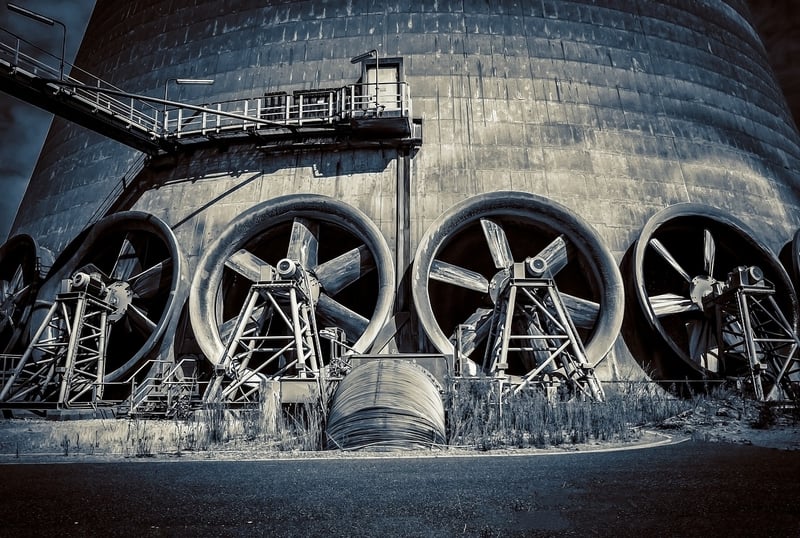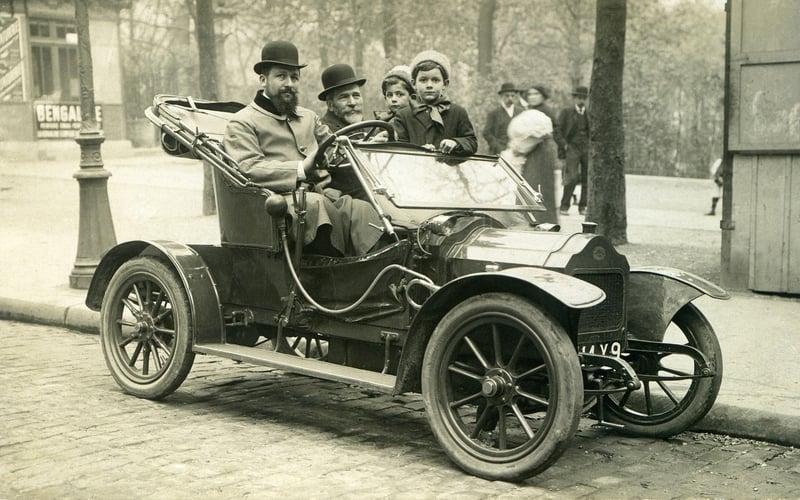Industrial Revolution
Lessons from the Past: How the Industrial Revolution Shaped the Modern World
The Industrial Revolution was a pivotal period in history that transformed society and set the stage for modern civilization as we know it today. By examining the lessons from this era, we can gain valuable insights into how innovation, industrialization, and societal changes can shape the future.
1. Innovation and Technological Advancements
One of the key lessons from the Industrial Revolution is the power of innovation and technological advancements. During this period, inventions such as the steam engine, spinning jenny, and mechanized loom revolutionized production processes and increased efficiency. This highlights the importance of embracing new technologies to drive progress and economic growth.
2. Urbanization and Social Transformation
The Industrial Revolution led to rapid urbanization as people migrated from rural areas to cities in search of employment in factories. This massive societal shift underscored the need for urban planning, infrastructure development, and social welfare policies to address the challenges of overcrowding, poor living conditions, and labor exploitation.
3. Economic Impact and Globalization
The Industrial Revolution had far-reaching economic consequences, fueling the rise of capitalism, mass production, and international trade. This era laid the foundation for modern globalization by connecting distant markets, fostering economic interdependence, and shaping the global economy we see today.
4. Environmental Awareness and Sustainable Development
While the Industrial Revolution brought unprecedented growth and prosperity, it also had negative environmental impacts such as pollution, deforestation, and resource depletion. Learning from this history, we can prioritize environmental sustainability, renewable energy, and eco-friendly practices to ensure a more sustainable future for generations to come.
5. Social Justice and Labor Rights
The Industrial Revolution highlighted the plight of workers who faced harsh working conditions, long hours, and low wages in factories. This period paved the way for labor movements, unions, and the fight for workers' rights, emphasizing the importance of social justice, fair labor practices, and equitable distribution of wealth in society.

By reflecting on the lessons of the Industrial Revolution, we can learn from the past to navigate the complexities of our rapidly changing world. Through innovation, sustainable development, social responsibility, and economic progress, we have the opportunity to build a brighter future for all.
Join us in exploring the legacy of the Industrial Revolution and its enduring impact on our lives today.
For more information, visit History.com.
